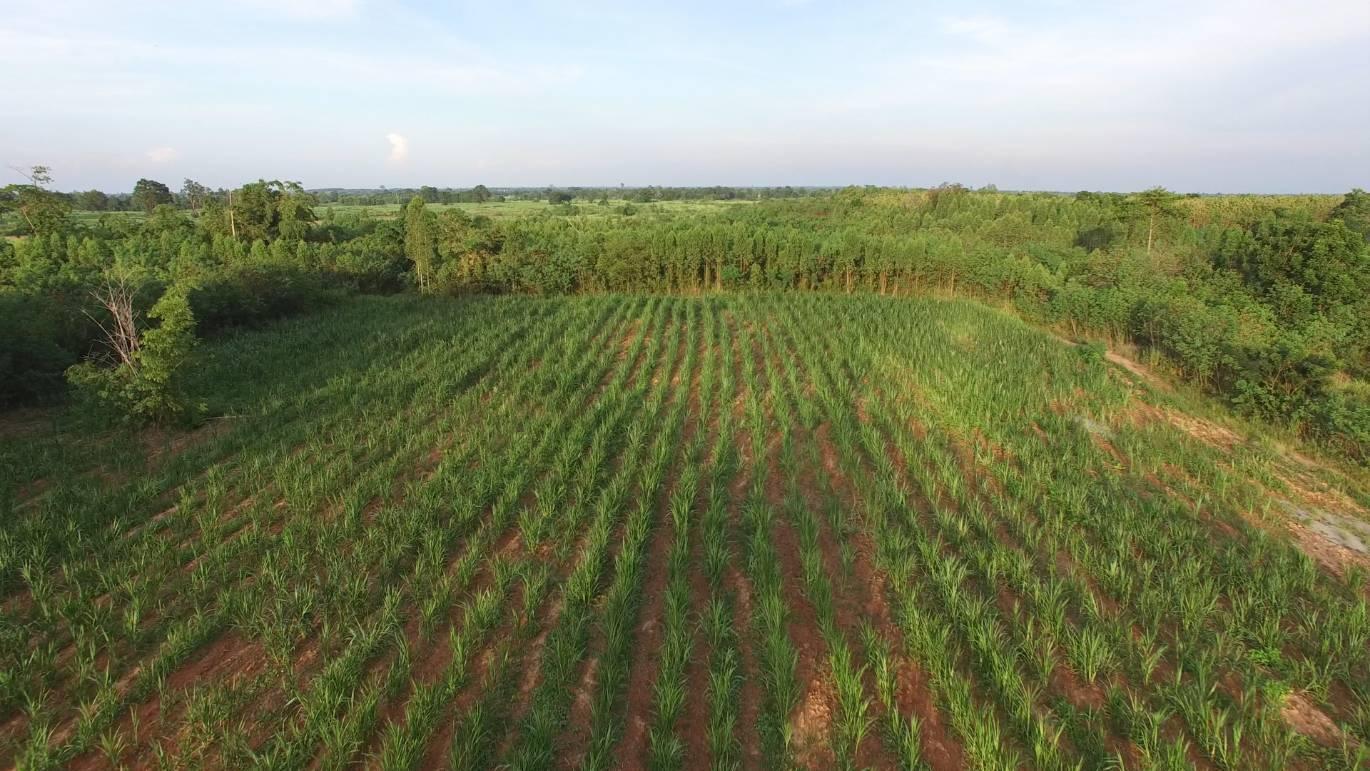
The Waste to Energy Trade Association (WETA) is urging continuation of Energy for All despite growing calls for the government to halt the renewable power scheme because of the country's high reserve of generation capacity.
The group cited its latest finding that many communities have already prepared property for the venture and are pinning hopes on the programme as a way to relieve hardship during the pandemic.
Some villages in the Northeast have shifted to growing napier grass for biomass-fuelled power plants in a bid to raise money for their irrigation development projects, the association said.
The scheme allows registered communities, known as community enterprises, to co-invest with private investors to operate power plants fuelled by clean energy.
"Many farmers in remote areas want to earn extra revenue, as they cannot depend solely on agricultural prices," said WETA adviser Pichai Tinsuntisook.
When the coronavirus outbreak hit Thailand earlier this year, leading to lockdown measures nationwide, many farmers in far-flung provinces went bankrupt. They view napier grass planting as a way out.
Mr Pichai said Energy for All is also favoured by politicians because it can boost their popularity among rural voters.
In his view, the scheme may have been a factor behind pressure on economic ministers, including former energy minister Sontirat Sontijirawong, to resign so that rival politicians could oversee the scheme themselves.
Under the scheme, up to 1,000 megawatts of electricity is to be produced over the next three years. But in the first year, it will be carried out through the Quick Win concept, with capacity of 100MW.
Quick Win is aimed at inviting power plants currently under construction or those yet to begin commercial operation to join the scheme.
For low-income people, Energy for All is crucial to improving their quality of life and different from the call for charter amendment by student-led protesters, Mr Pichai said.
Earlier, Energy Policy and Planning Office chief Wattanapong Kurovat said he would ask new Energy Minister Supattanapong Punmeechaow to solve the huge surplus of energy generation capacity reserved, now more than 40% of total capacity, by selling some to neighbouring countries like Myanmar and Cambodia.
Amorn Sapthaweekul, deputy chief of Energy Absolute Plc, suggested the government reduce the surplus by developing fast charging outlets for electric vehicles, which require much more electricity than ordinary charging facilities.
Power capacity, connected to the state grid, currently stands at 50,327MW. Peak demand for electricity was only 30,340MW in March during the lockdown, lower than 32,000MW during the peak period in May last year.
Praipol Koomsup, a Thammasat University economist, also urged authorities to revise the 2018 national power development plan (PDP 2018).
The plan was designed before the pandemic, so the government must change it to make energy policies correspond with economic situations caused by the global infections, he said.